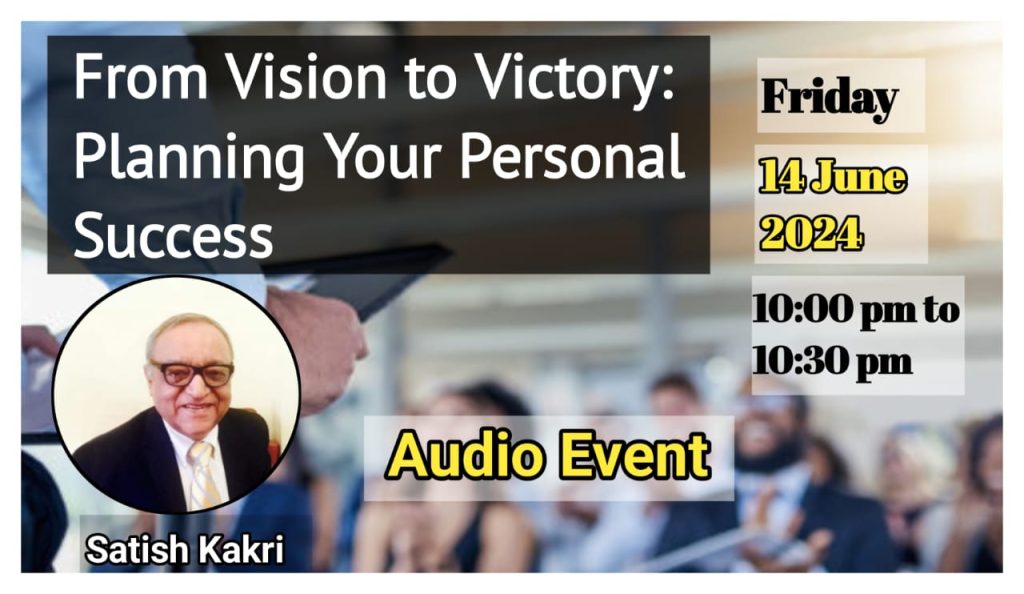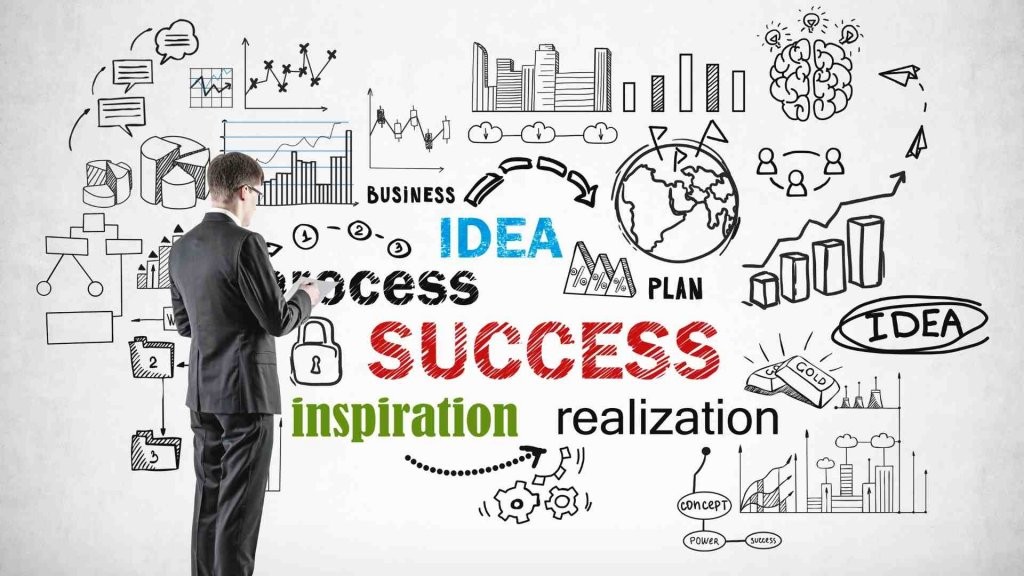1) What is your vision?
As an AI developed by Open AI, I don’t have personal experiences, feelings, or visions in the way humans do. However, I can articulate the broader vision and purpose behind my creation and use:

Enhance Human Capabilities: My primary purpose is to augment human capabilities by providing information, insights, and support. This includes answering questions, assisting with research, generating creative content, and offering guidance on a wide range of topics.
Promote Education and Learning: I aim to make knowledge more accessible and facilitate learning. By providing explanations, tutoring, and educational resources, I help users understand complex subjects and acquire new skills.
Improve Productivity: I assist with tasks such as drafting documents, coding, brainstorming ideas, and organizing information, thereby improving efficiency and productivity in both personal and professional contexts.
Foster Creativity and Innovation: By generating creative content, suggesting new ideas, and providing inspiration, I support artistic and innovative endeavors across various fields.
Ensure Ethical and Responsible Use: A critical aspect of my vision is the ethical and responsible use of AI. This involves promoting fairness, transparency, and accountability, while ensuring that my usage aligns with human values and benefits society.
Facilitate Communication and Understanding: I help bridge communication gaps by translating languages, summarizing information, and providing context, which can foster better understanding and collaboration among people from diverse backgrounds.
2) What is the personal victory?
A personal victory is an achievement or success that is meaningful to an individual, often reflecting their personal goals, challenges, or values. These victories are subjective and can vary widely from person to person. Examples include:

Overcoming a Fear: Facing and conquering a long-held fear, such as public speaking or heights.
Achieving a Goal: Accomplishing a specific objective, like finishing a marathon, earning a degree, or losing a certain amount of weight.
Personal Growth: Developing a new skill, improving mental health, or adopting a positive habit.
Relationship Milestones: Resolving conflicts, improving communication, or strengthening bonds with loved ones.
Career Success: Securing a desired job, receiving a promotion, or completing a challenging project. Personal victories are important because they provide a sense of accomplishment, boost self-esteem, and contribute to an individual’s overall well-being and motivation.
3) How should one start the journey for personal victory?
Starting the journey toward personal victory involves a combination of self-awareness, goal-setting, discipline, and continuous self-improvement. Here are some steps to help you get started:

1. Self-Assessment and Awareness
Reflect on Your Current Situation: Understand where you currently stand in various aspects of your life—personal, professional, physical, and emotional.
Identify Strengths and Weaknesses: Recognize your talents and areas that need improvement. This helps in leveraging your strengths and working on your weaknesses.
Clarify Your Values and Beliefs: Know what is truly important to you and what drives you. This provides a foundation for setting meaningful goals.
2. Setting Goals
Define Clear and Specific Goals: Make sure your goals are Specific, Measurable, Achievable, Relevant, and Time-bound (SMART).
Short-term vs Long-term Goals: Balance between immediate, achievable goals and long-term aspirations. Breaking down long-term goals into smaller milestones can make them more manageable.
3. Creating a Plan
Develop a Detailed Action Plan: Outline the steps you need to take to achieve your goals. This includes resources, timeframes, and milestones.
Prioritize Tasks: Focus on high-impact activities that drive you closer to your goals. Use tools like the Eisenhower Matrix to prioritize tasks based on their urgency and importance.
4. Building Habits and Discipline
Establish Positive Habits: Consistency is key. Form habits that support your goals, such as regular exercise, reading, or practicing a skill.
Maintain Discipline: Stay committed to your action plan, even when motivation wanes. Discipline often triumphs over motivation in the long run.
5. Continuous Learning and Improvement
Seek Knowledge and Skills: Always be open to learning new things. This could be through formal education, online courses, books, or mentorship.
Reflect and Adapt: Regularly review your progress and make necessary adjustments. Be flexible and willing to change your approach if something isn’t working.
6. Cultivating a Positive Mindset
Practice Gratitude: Focus on what you have and appreciate the progress you’ve made. This can improve your overall outlook and motivation.
Stay Positive: Maintain a positive attitude, even in the face of setbacks. Resilience and optimism are crucial for overcoming obstacles.
4) How to identify the potential challenges?
Identifying potential challenges is a crucial step in planning and executing any project or initiative. Here are some key steps to effectively identify potential challenges:

1. Conduct a SWOT Analysis
Strengths: Identify internal strengths that can help address challenges.
Weaknesses: Recognize internal weaknesses that might pose challenges.
Opportunities: Look for external opportunities that can be leveraged to mitigate challenges.
Threats: Identify external threats that could become challenges.
2. Engage Stakeholders
Interviews and Surveys: Collect insights from team members, customers, partners, and other stakeholders.
Focus Groups: Conduct group discussions to gather diverse perspectives.
3. Perform Risk Analysis
Risk Identification: List potential risks that could impact the project.
Risk Assessment: Evaluate the likelihood and impact of each risk.
Risk Prioritization: Prioritize risks based on their potential impact and probability.
4. Review Past Projects
Analyze past projects for common issues and challenges.
Document lessons learned and how previous challenges were addressed.
5. Analyze Market and Industry Trends
Stay informed about industry trends that might impact your project.
Monitor competitor actions and market conditions.
6. Evaluate Resources
Assess the availability and adequacy of resources (time, budget, personnel, equipment).
Identify resource constraints that could pose challenges.
7. Scenario Planning
Develop different scenarios to understand potential future challenges.
Prepare contingency plans for each scenario.
8. Regulatory and Compliance Checks
Identify legal, regulatory, and compliance issues that might pose challenges.
Ensure alignment with relevant standards and regulations.
9. Environmental Scan
Analyze the external environment (political, economic, social, technological factors).
Identify external factors that might influence the project.
10. Technical Feasibility Studies
Conduct technical assessments to identify potential technical challenges.
Evaluate the feasibility of proposed solutions and technologies.
11. Project and Task Breakdown
Break down the project into smaller tasks and identify challenges at each stage.
Use techniques like Work Breakdown Structure (WBS) to detail tasks and potential issues.
12. Regular Team Meetings
Hold regular meetings to discuss progress and identify emerging challenges.
Encourage open communication and feedback from team members.
Thanks for reading.
